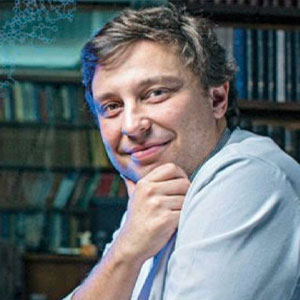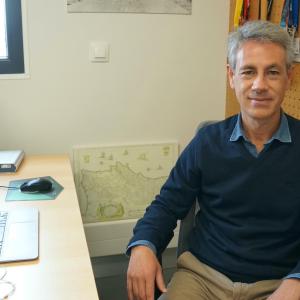
SOON
Our mission is to redefine urban living by integrating insights from neuroscience with innovative urban planning and design.
Through the use of state-of-the-art digital technologies and a commitment to data-driven, human-centred and scientific methodologies, we aim to shape environments that transcend mere functionality, endowing them with a transformative emphasis on nurturing health and well-being. We are dedicated to pioneering a new standard of urban excellence that harmonizes with the natural rhythm of human life, fostering vibrant communities and sustainable prosperity.
Partners
Who we are

BRUNO MIRANDA
He’s a Clinical researcher at Mamede de Carvalho Lab, Institute of Molecular Medicine, Lisbon School of Medicine; an Invited Assistant Professor at Physiology Institute, Lisbon School of Medicine; an H2020 researcher and coordinator, and co-founder of SpikeUrban Lda. Bruno holds a PhD in Neuroscience from the University College of London (as a part of the International Neuroscience doctoral program at Champalimaud Foundation). His graduation work was on computational and neural signatures of different reinforcement learning strategies which can be used to guide decision-making. More recently Bruno’s work and research interests focus on transdisciplinary collaborations and the application of such neurobiological principles in fields such as urban planning (or neurourbanism) and architecture (neuroarchitecture), intending to contribute to promoting mental health and people’s general well-being.
PAULO MORGADO
He’s an Associate Professor at the Institute of Geography and Spatial Planning, University of Lisbon. He is a senior researcher at the Centre of Geographic Studies and a member of the Associated Laboratory TERRA. Additionally, Paulo is H2020 researcher and co-founder of SpikeUrban, Lda, a company dedicated to advancing innovative urban solutions. As a Geographer, Geographic Information Scientist (GiScientist), and Urban Planner, Paulo specializes in exploring the complex interplay between people and their environments—whether physical, digital, or hybrid. His research is grounded in providing robust scientific evidence to inform sustainable urban development, fostering health, wellbeing, and sustainability. Paulo’s professional and academic interests focus on developing and applying cutting-edge methodologies and technologies. These include neurocomputing, neurourbanism, and the design of smart, cognitive, and real-time cities. His work also incorporates emerging fields such as extended reality (XR), virtual and augmented reality (VR/AR), the Metaverse, and advanced people-sensing techniques. Through these approaches, Paulo strives to address the pressing challenges of urban sustainability and to contribute to a more resilient and adaptive future for cities worldwide, and citizens quality of life.Contact
geral@spikeurban.com
Rua Comandante Cousteau, n.º 11 -2 Esq
1990-303 Lisboa





